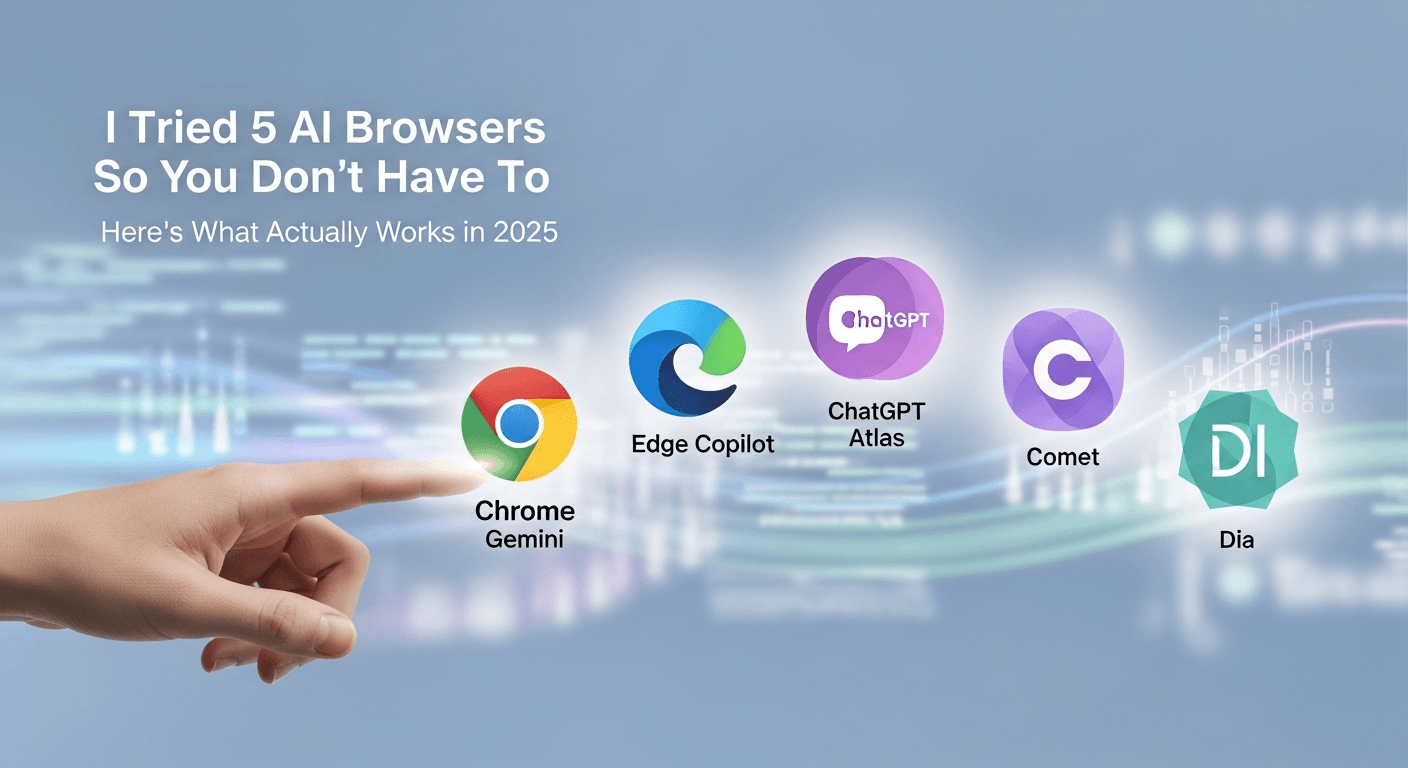
The Role of Public AI Research in Shaping Digital Futures
Introduction to Public AI Research
Public AI research plays a crucial role in the technological development and governance of artificial intelligence. Governments and public institutions worldwide strive to harness the power of AI while addressing ethical, security, and socioeconomic challenges. This discussion explores the impact of public AI research on the digital future, delineating its contributions, challenges, and the pathways it paves for equitable technology deployment.
The Impact of Public AI Research on Technology and Society
Public AI research initiatives influence several facets of society. These initiatives are primarily aimed at fostering an environment of innovation that balances progress with public welfare. Major sectors benefitting from public AI research include healthcare, transportation, public safety, and environment management.
Advancements in Healthcare
AI-driven solutions are revolutionizing healthcare, from predictive diagnostics to robot-assisted surgeries and are largely propelled by the findings from public research institutions. For example, research organizations like the National Institutes of Health (NIH) have pioneered projects to integrate AI with patient care to improve outcomes and efficiency.
Enhancing Transport Systems
Smart mobility solutions are being developed based on AI research funded publicly. These applications reduce traffic congestion, improve public transportation, and enhance passenger safety by leveraging data analytics and machine learning.
Ensuring Public Safety
AI technologies are critical in disaster response and crime prevention. Public AI research has led to the development of predictive policing tools and emergency management systems that use AI to analyze real-time data for quicker, more effective responses.
Environmental Management
Eco-friendly AI applications are transforming how we monitor and manage environmental resources. AI is used in climate modeling, pollution control, and sustainable resource management, crucially supported by public sector involvement and research funding.
The Importance of Ethical Guidelines in AI Research
As AI technology advances, the development of ethical guidelines becomes paramount to ensure its responsible deployment. Public research bodies are at the forefront of creating these frameworks, thus influencing global standards on AI ethics. Issues such as privacy, data security, and algorithmic bias are addressed, ensuring that AI systems promote fairness and transparency.
Challenges Facing Public AI Research
Despite the progressive impact, public AI research faces significant challenges, mainly relating to funding, international cooperation, and public perception. Financial constraints often limit the scope of research, while geopolitical tensions can impede collaborative efforts. Additionally, there is a critical need to bridge the gap between public understanding of AI and its scientific and technological aspects.
Fostering Collaboration and Innovation through Public and Private Partnerships
Partnerships between public institutions and private companies are vital for advancing AI technology. These collaborations provide a robust mechanism for resource sharing, investment, and joint efforts in research. Through such synergies, the scalability and application of AI technologies in real-world scenarios are demonstrably improved, driving forward the global AI agenda.
Future Perspectives on Public AI Research and Digital Transformation
Looking forward, the trajectory of public AI research is set to redefine modern living further. Continued investment and international cooperation are crucial as we navigate the complexities of integrating AI systems into every aspect of human affairs.
Innovation in Education
AI is transforming educational methodologies through personalized learning experiences and intelligent tutoring systems. Research in these areas not only supports academic success but also prepares future generations for a technologically advanced workforce.
The Role of AI in Universal Accessibility
AI has tremendous potential to make technology more accessible, particularly for the disabled, through enhancements in natural language processing and adaptive technology. Public AI research can drive innovations that make inclusivity a standard in technology development.
Conclusion
Public AI research is a cornerstone of the ongoing digital revolution, influencing multiple sectors and addressing primary societal challenges. As we continue to explore the vast potential of AI, the synergy between ethical frameworks, public engagement, and international collaboration will be fundamental to crafting a technology-driven future that is innovative, equitable, and universally beneficial.
Thank You for Reading this Blog and See You Soon! 🙏 👋
Let's connect 🚀
Latest Insights
Deep dives into AI, Engineering, and the Future of Tech.

I Tried 5 AI Browsers So You Don’t Have To: Here’s What Actually Works in 2025
I explored 5 AI browsers—Chrome Gemini, Edge Copilot, ChatGPT Atlas, Comet, and Dia—to find out what works. Here are insights, advantages, and safety recommendations.
Read Article


